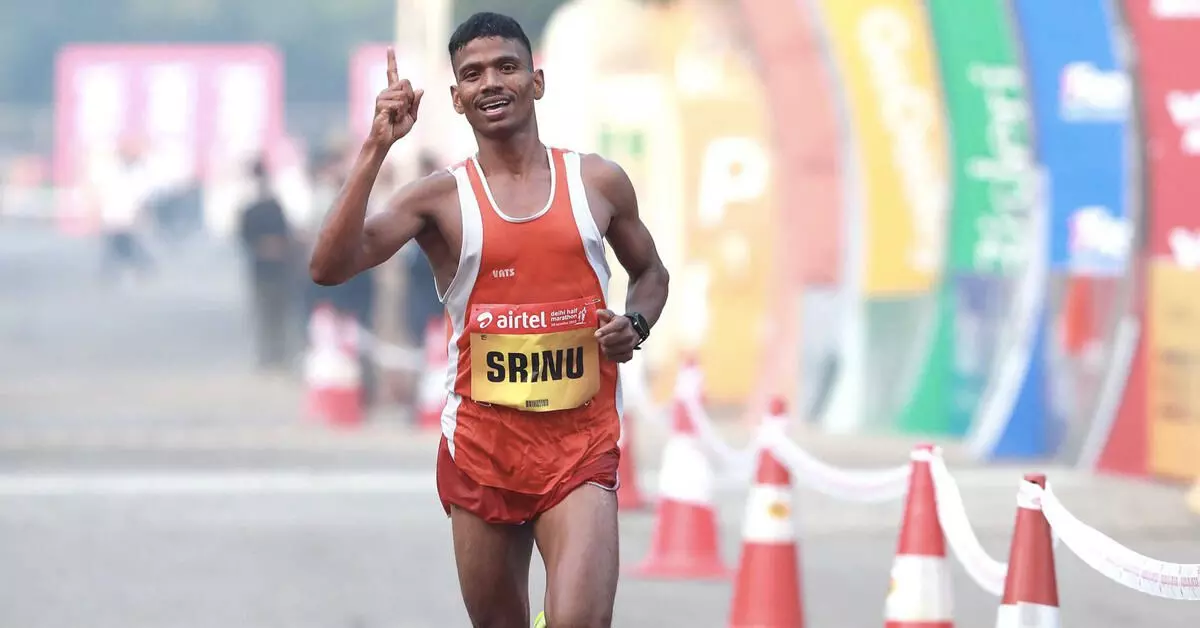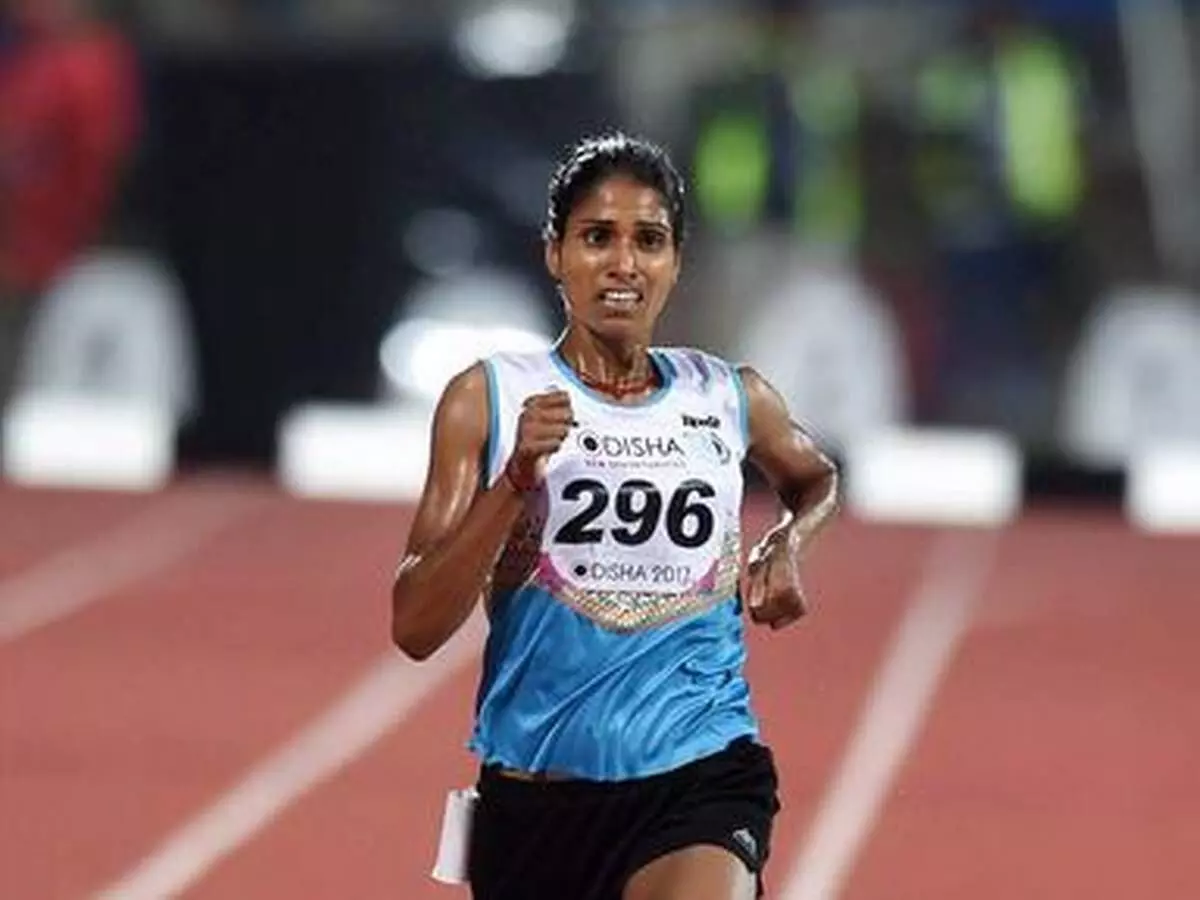Athletics
0 marathon runner from India at the Tokyo Olympics — What went wrong?
India fielded 5 marathon runners in the Rio 2016 Olympics. However, there will be no one to race in the marathon at the Tokyo Olympics.

India's best bet for qualifying in marathon at Tokyo Olympics was Srinu Bugatha
Marathon races in the Olympic Games have been a permanent fixture in the men's roster since the inaugural Athens Games of 1896, while the women's event was first held 88 years later in Los Angeles. Ethiopian athletes have enjoyed the most successful in Olympic marathons, with men winning four golds; two of which came from Abebe Bikila in 1960 and 1964, who was the first athlete to win back-to-back golds (the only other athlete to win two golds in the marathon was East Germany's Waldemar Cierpinski in 1976 and 1980), and Ethiopian women have won two golds. The Olympic records are 2:06:32 for men, set by Kenya's Samuel Wanjiru in 2008; and for women, it's 2:23:07 seconds, set by Tiki Gelana of Ethiopia in 2012.
India's history at the marathon dates back to 1928 when person, Phadeppa (Pavananjey) Dareppa Chaugule became India's first Olympic marathon runner. He represented India in the 1920 Summer Olympics in Antwerp, Belgium, and finished 19th with a timing of 2 hours 50 minutes 45.2 seconds. He hails from the town of Belgaum (Now Belagavi) in Karnataka. With the passage of time, many Indian marathon runners have taken part in the Olympics, with the 2016 Rio Olympics, having the highest number of five athletes - Thonakal Gopi, Kheta Ram, Nitendra Singh Rawat among the men, O.P. Jaisha and Kavita Raut among women. However, five years down the line nobody from India will be qualifying for Tokyo Olympics in the marathon.
Why did Indian athletes fail to qualify in marathons for Tokyo Olympics?
To understand the reason one has to know the qualification process for the marathon at the Tokyo Olympics. The athletes in marathons (both men and women) can qualify by either entry standard or qualify by ranking during the qualifying period.
The qualifying standard is 2:11:30 for men and 2:29:30 for women, while the qualifying period was originally from 1 January 2019 to 31 May 2020. Due to the COVID-19 pandemic, the period was suspended from 6 April 2020 to 30 November 2020, with the end date extended to 31 May 2021. The world rankings period start date was also changed from 1 January 2019 to 1 December 2018.
There was a cap or target for 80 athletes in each marathon with any country having a maximum of three athletes in each gender. In the men's marathon, 110 athletes from the world already achieved the qualifying standard, while among women, 96 athletes have achieved the qualifying standard.

With so many players qualifying by meeting the entry standard, there was no scope left for an athlete through the world ranking. Indian athletes' hopes were shattered mostly because of the coronavirus wreaking havoc without allowing the Athletics Federation of India (AFI) to conduct marathons at regular intervals since 2020. Though the date was extended to 31 May 2021, India hosted fewer marathons, and also the potential challengers for Tokyo Olympics took part in a few of them hoping to qualify through the marathons hosted in 2021. With the second wave of coronavirus hitting India hard again, many of the marathons got cancelled and as a result, India's best marathon hopefuls could not meet the qualifying standard.
Among the men, the hopefuls were Nitender Singh Rawat, Srinu Bugatha and Rashpal Singh. While Rawat attained a personal best of 2:15:52, Bugatha and Rashpal could attain 2:14:59 and 2:18:57 during the qualification period. Among women, Sudha Singh had a PB of 2:34:56, Jyoti Gawate a 2:45:48 and Swati Gadhwe 2:58:10. With nobody being able to meet the mark, India will have to go to the Tokyo Olympics without a marathoner.
